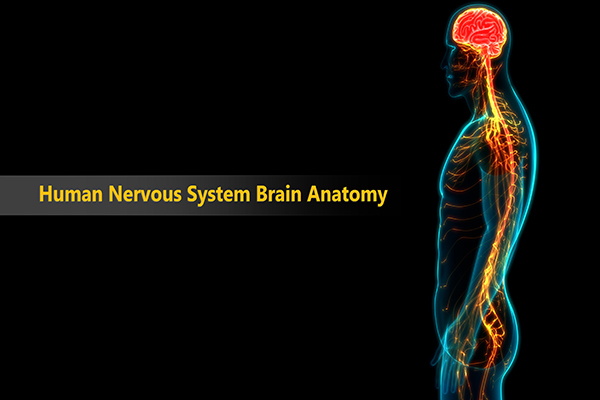Occasional anxiety is a normal part of life. You might worry about things like health, money, or family problems. For some people, though, anxiety and all of its uncomfortable symptoms are a daily occurrence. Ongoing anxiety can affect your ability to function at home, school, and work. Treating anxiety often involves talk therapy and antidepressant medications or CNS depressants.
What is the Central Nervous System (CNS)?
Central Nervous System (CNS) depressants are medicines that include sedatives, tranquilizers, and hypnotics. These drugs can slow brain activity, making them useful for treating anxiety, panic, acute stress reactions, and sleep disorders. The Benzodiazepines class of sedative medications is among the most commonly prescribed drugs in the United States and the world. The National Library of Medicine (NCBI) reported that, in 2008, Approximately 75 million prescriptions for benzos were written in the United States.
What Drugs Affect the Central Nervous System?
The prevalence of benzos use in the general population is 4% to 5%. Usage increases with age, and women are prescribed benzos twice as often as men. Because these drugs are so common, they are diverted for misuse or abuse and sometimes sold illegally. If you or a loved one are addicted to CNS depressants, we are able to assist you with our evidence-based treatment programs. Some examples of CNS depressants grouped by their respective drug class are: Benzodiazepines
- Diazepam (Valium®)
- Clonazepam (Klonopin®)
- Alprazolam (Xanax®)
- Triazolam (Halcion®)
- Estazolam (Prosom®)
Non-Benzodiazepine Sedative Hypnotics
- Zolpidem (Ambien®)
- Eszopiclone (Lunesta®)
- Zaleplon (Sonata®)
Barbiturates
- Mephobarbital (Mebaral®)
- Phenobarbital (Luminal®)
- Pentobarbital sodium (Nembutal®)
Most CNS depressants work by increasing the activity of gamma-aminobutyric acid (GABA) in the brain, a chemical that inhibits brain activity. This increasing activity causes the drowsy and calming effects that make the medicine effective for anxiety and sleep disorders. People who start taking CNS depressants usually feel sleepy and uncoordinated for the first few days until the body adjusts to these side effects. Other effects from use and misuse can include:
- Slurred speech
- Poor concentration
- Confusion
- Headache
- Light-headedness
- Dizziness
- Dry mouth
- Problems with movement and memory
- Lowered blood pressure
- Slowed breathing
Most prescription CNS depressants come in pill, capsule, or liquid form, which a person takes by mouth. Misuse of prescription CNS depressants means:
- Taking medicine in a way or dose other than prescribed
- Taking someone else’s medicine
- Taking medicine for the effect it causes — to get high
When misusing a prescription CNS depressant, a person can swallow the medicine in its normal form or can crush pills or open capsules. You know what else is considered a depressant; alcohol and we all know it can become a problem if more than in moderation. Not all depressants are prescription medications. Alcohol is one of the most-used in the world aside from caffeine. Although it’s legal, it has a very high potential for abuse. Because so many people drink alcohol, experts tend to separate related disorders from depressant drug addiction. Just like any other drug or medication, if a person takes CNS depressants long term, he or she might need larger doses to achieve therapeutic effects. Continued use can also lead to dependence and withdrawal when use is abruptly reduced or stopped. Suddenly stopping can also lead to harmful consequences like seizures.
Evidence-Based Addiction Treatment Programs
If you or a loved one think you may be addicted to CNS depressants, Evoke Wellness at Cohasset can help. Our facilities are staffed by experienced and compassionate professionals, including licensed therapists and psychiatrists, addiction specialists, and highly qualified support staff. Our team members are extremely understanding and treat each client with an unmatched level of respect. Evoke Wellness MA is fully accredited by the Joint Commission, which shows our dedication to offering the highest quality of addiction care for each person that steps through our doors.




